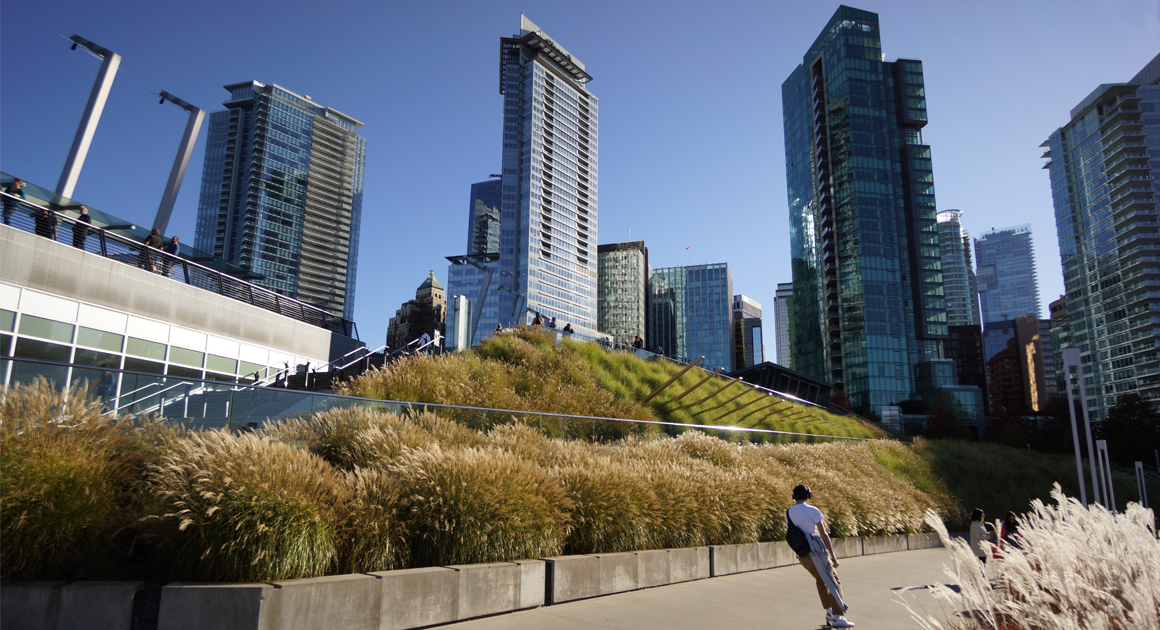VANCOUVER — The City of Vancouver is embarking on a once-in-a-generation project to re-think and leverage critical infrastructure investments to make the city a more healthy, resilient, and inclusive community. To this end, a team of planners, engineers, and public engagement specialists led by Brown and Caldwell in partnership with Kerr Wood Leidal has been engaged to develop the Healthy Waters Plan: Adapting and Integrating Sewage & Rainwater Management in Vancouver (“the plan”) for British Columbia’s largest city.
The City provides sewage and drainage services to homes and businesses, managing over 2,000 kilometers of underground storm, sanitary, and combined pipes, 45,000 stormwater catch basins, over 100,000 service connections, and 25 pump stations.
Over the next two decades, Vancouver is expected to welcome 150,000 new residents and 60,000 new jobs.
Population growth combined with aging infrastructure, seismic risks, and climate change represent significant challenges related to water, wastewater, and stormwater management, but also a chance to re-think how water is managed as described by City Director of Urban Watersheds, Sewers & Drainage Jimmy Zammar:
“The challenges we face provide an opportunity to recreate healthy and resilient urban watersheds that help restore and revitalize natural, social, and cultural systems while delivering critical water infrastructure to provide residents with affordable and reliable services.”
The two-part plan aims to guide policy, regulation, advocacy, and long-range investments in Vancouver’s sewer and stormwater management while supporting equity for all Vancouverites and reconciliation with Indigenous communities. It will leverage Vancouver’s Rain City Strategy to integrate rainwater and sewer infrastructure policies, projects, and programs using a One Water approach to find the right balance of green and grey infrastructure for increased water quality benefits based on scientific analysis and community values.
The Brown and Caldwell/Kerr Wood Leidal team will catalog the current system understanding and knowledge gaps, in particular the extent and causes of combined sewer overflows and the associated impacts on receiving water bodies. This assessment will make recommendations to Vancouver’s approach to pollution management and the development of a Priority Action Plan, including proposals to enhance biodiversity and achieve accelerated water quality outcomes via natural systems. Additionally, a comprehensive stakeholder engagement process will be developed to bring partners, stakeholders, and the community into the decision-making process to set Vancouver on a path toward a more equitable future.
“We congratulate the City for taking this pivotal step to set in motion new paradigms for managing urban water systems and making Vancouver a more resilient, ecologically healthy, and beautiful place to live,” said Brown and Caldwell Project Manager Rosey Jencks. “Our team is honored to be part of this landmark moment in Vancouver’s history.”
With Part I recently underway, the plan is scheduled for completion by the first quarter of 2024.
